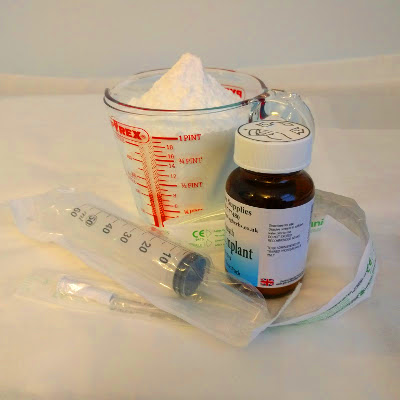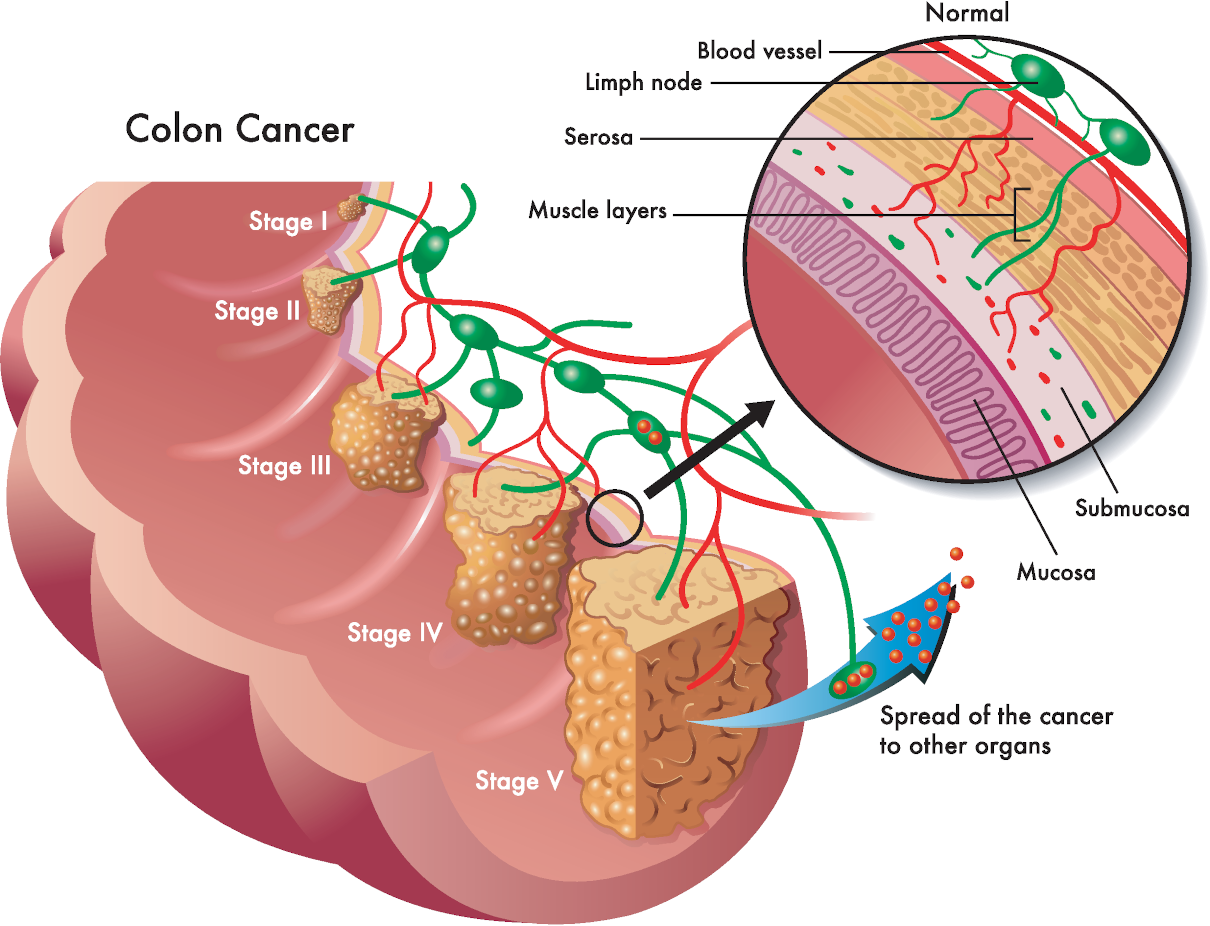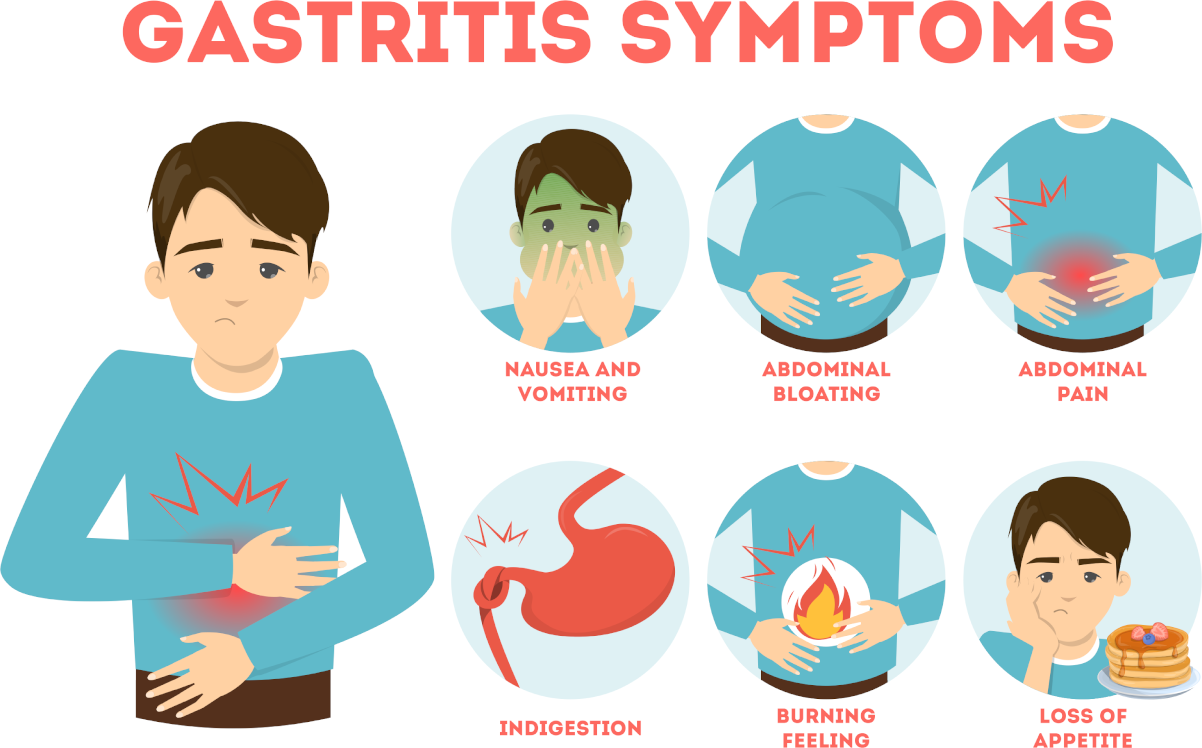
The intestine is part of the digestive system and consists of two parts: the small intestine and the large intestine. The large intestine also includes both the rectum and the colon. The symptoms of bowel cancer allow us to detect it faster than if there were none.
An intestinal tumour almost always turns out to be a colon cancer. Two-thirds of all reported cases of bowel cancer are in the colon, while the rest are in the rectum. However, “How can we recognize bowel cancer?” – is not the main question. It is more important to know what factors affect the development of colon tumours and colorectal cancer. These factors are as follows:
- malnutrition;
- bowel disease;
- hereditary predisposition;
How do these factors encourage bowel cancer?
Malnutrition can also trigger an intestinal tumour. Moreover, scientists believe that food has the most significant impact on the development of colon cancer.

Alkalising colonic irrigation with sodium bicarbonate
Safe and effective colon hydrotherapy includes an initial consultation. Consequently, sodium bicarbonate delivered to the colon through hydrotherapy can kill off candida.
Consumption of food rich in animal fats and proteins can increase the risk of oncology if the diet doesn’t include vegetables and fruits—besides, the risk increases for those who regularly drink alcoholic beverages.
If your family has had cases of bowel oncology, then you are slightly more likely to develop colon cancer than others. Illnesses of the lining of the intestine, such as Crohn’s disease and ulcerative colitis, are also risk factors.
Primary symptoms of bowel cancer.
So, what are the most common symptoms of bowel cancer? It is important to note that the symptoms of colorectal and colon cancer differ slightly, although they are similar.
The initial symptoms of bowel cancer are:
- blood on excrement;
- severe weight loss;
- change in the rate of excretion;
- pain in the anus or abdomen;
- a feeling of incompleteness after defecation;
- obstruction in the intestine.

One colonic irrigation session including consultation
Colon irrigation and comprehensive consultation with a professional colon hydrotherapist registered with RICTAT and ARCH at the Parkland Clinic in Holborn. We use a closed system only—London’s best colonic hydrotherapy deal.
Symptoms
Symptoms of oncology in the rectum:
- presence of pus, mucus or blood in the faeces;
- pain in the perineum, sacrum, coccyx, lower back;
- a frequent painful urge to defecate;
- a sensation of the presence of something in the rectum;
- Change in the form of stool: It becomes ribbon-shaped;
- constipation.
Besides, not only cancer of the rectum and colon can cause these symptoms. Usually, the presence of bowel cancer is typical for people older than 50 years. In younger people, such signs may indicate the presence of other diseases, such as ulcerative colitis or SSRT.
Contact our clinic for colonic irrigation, which allows you to maintain a healthy large intestine.

Probiotic implant and alkalising colonic with bicarbonate of soda
Alkalising colonic irrigation with bicarbonate of soda and high strength probiotic implants and comprehensive consultation is available at Parkland Natural Health Clinic.










